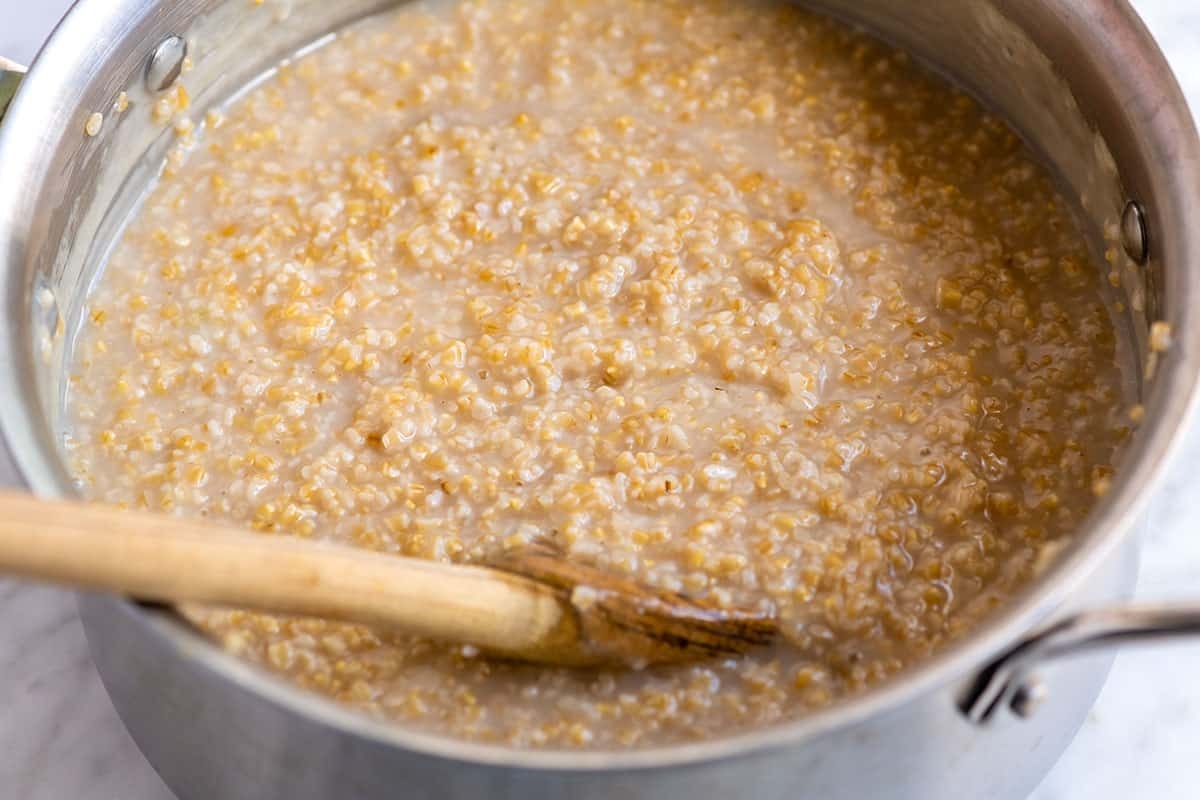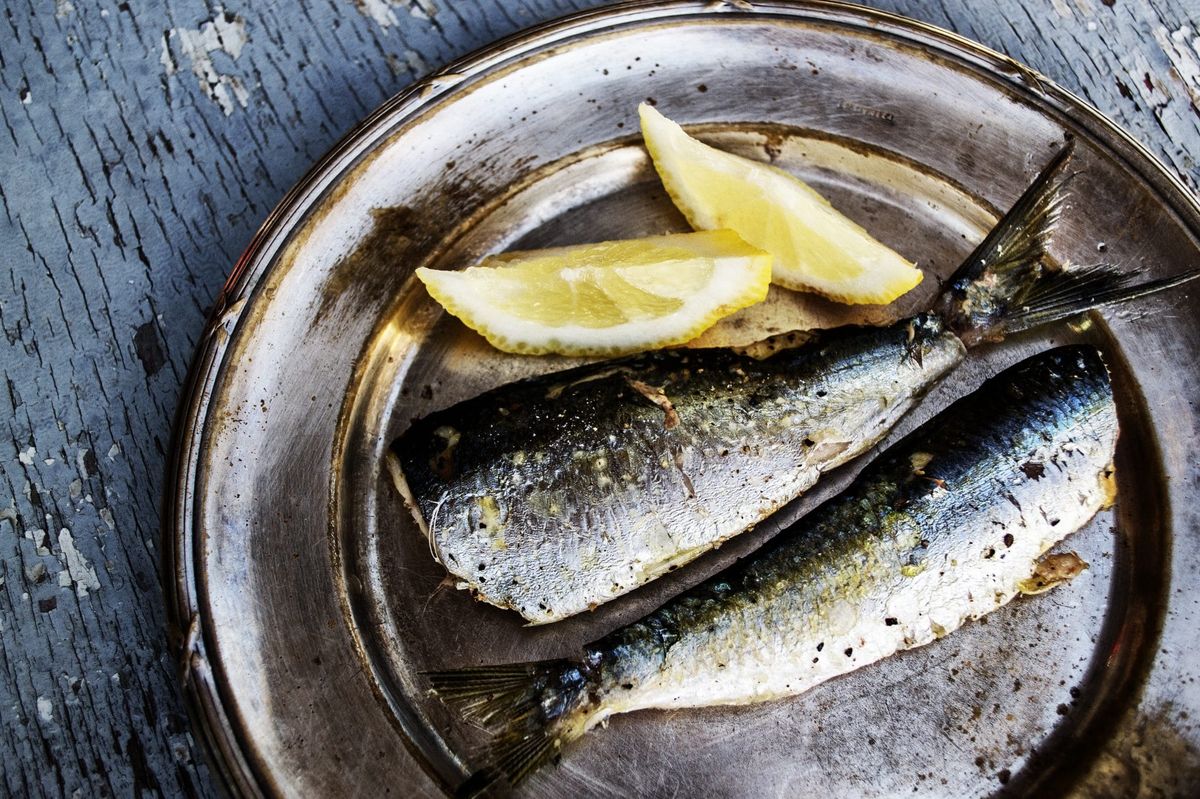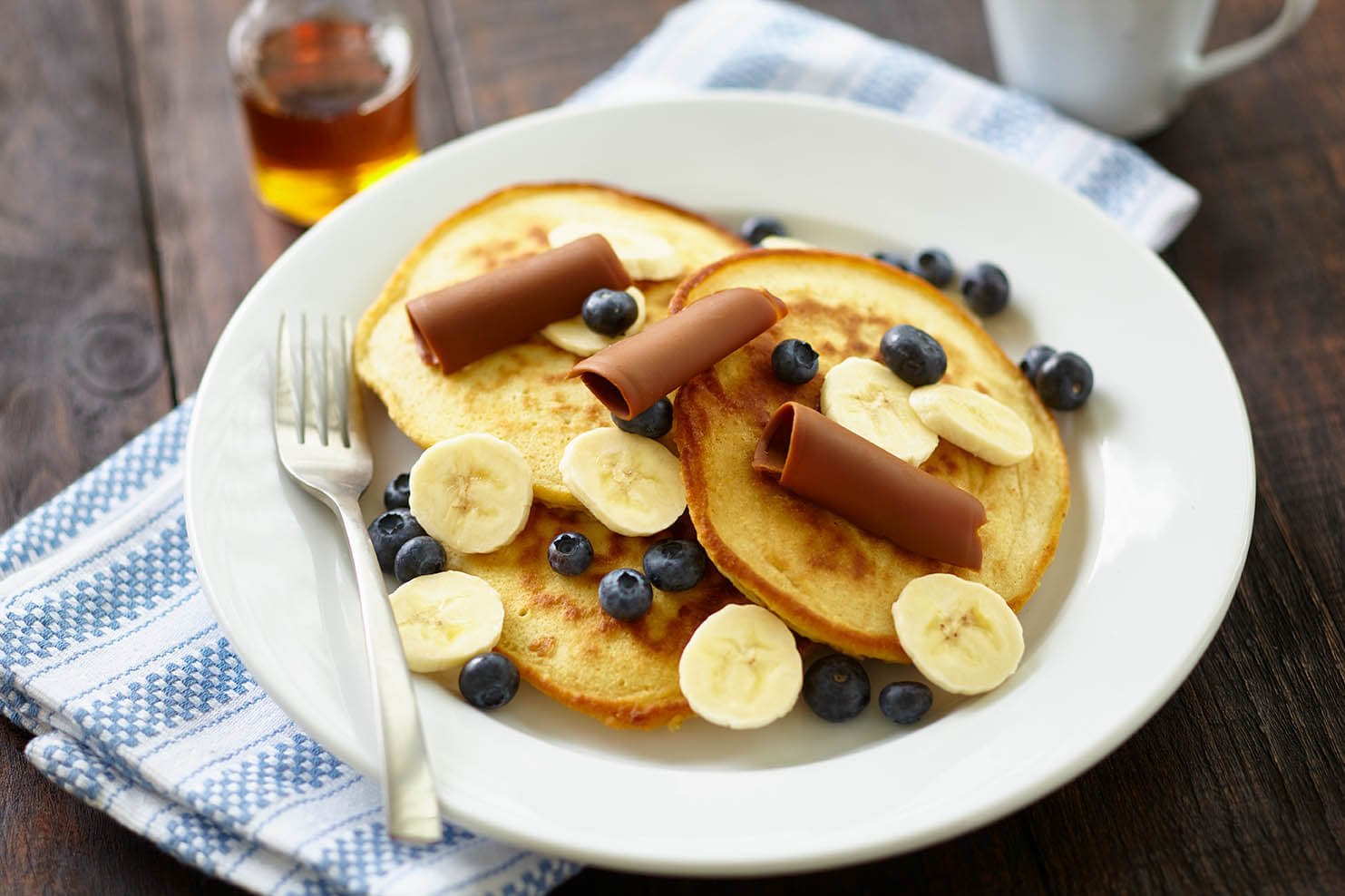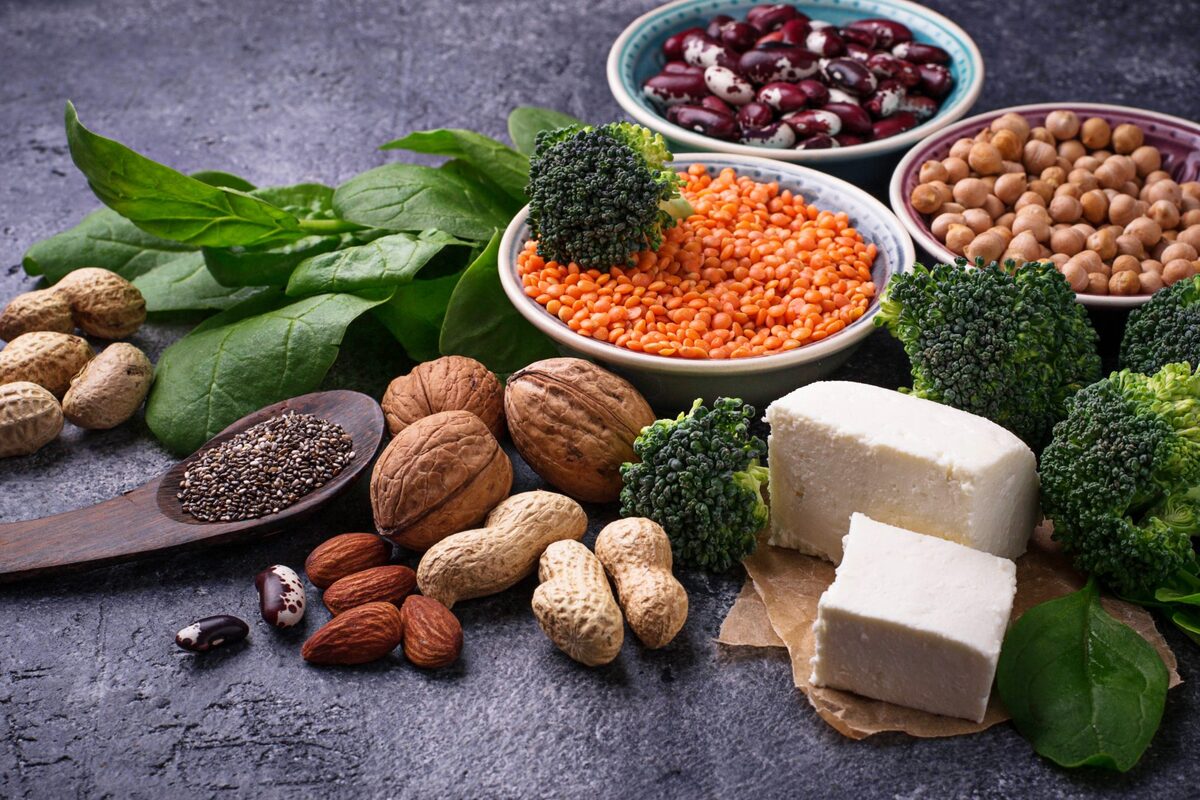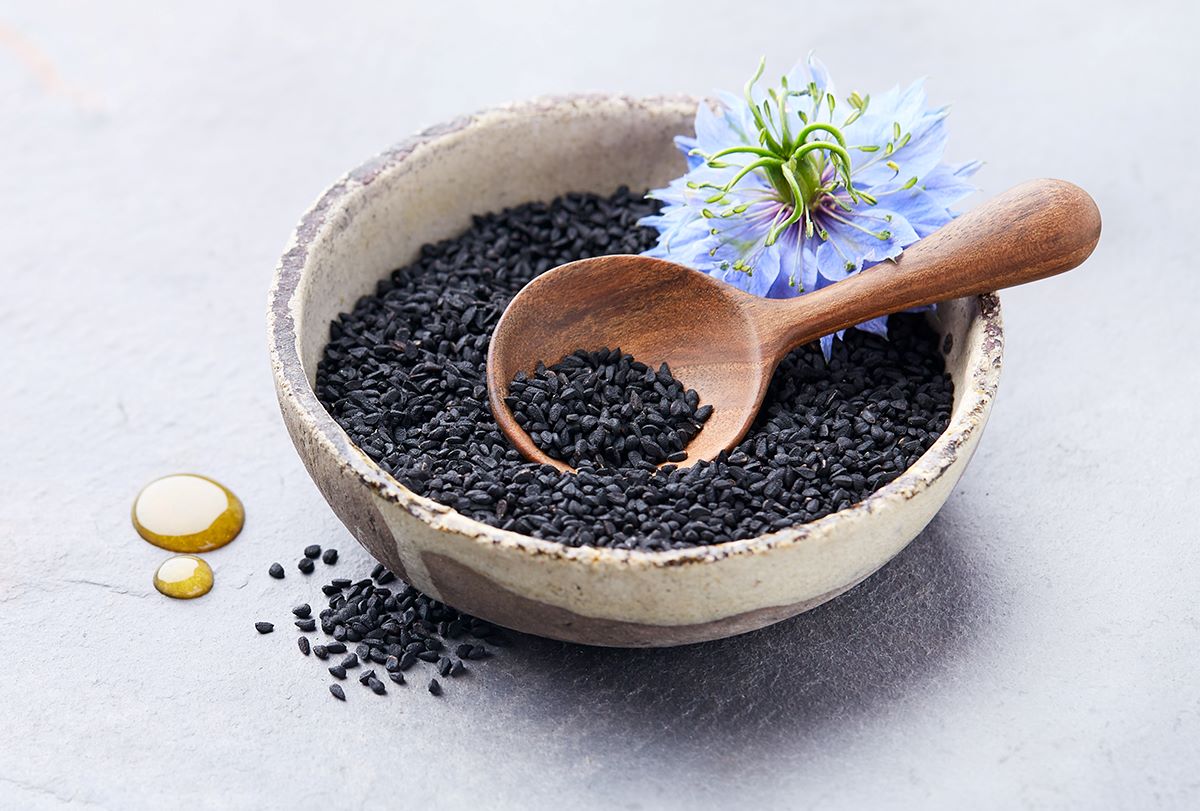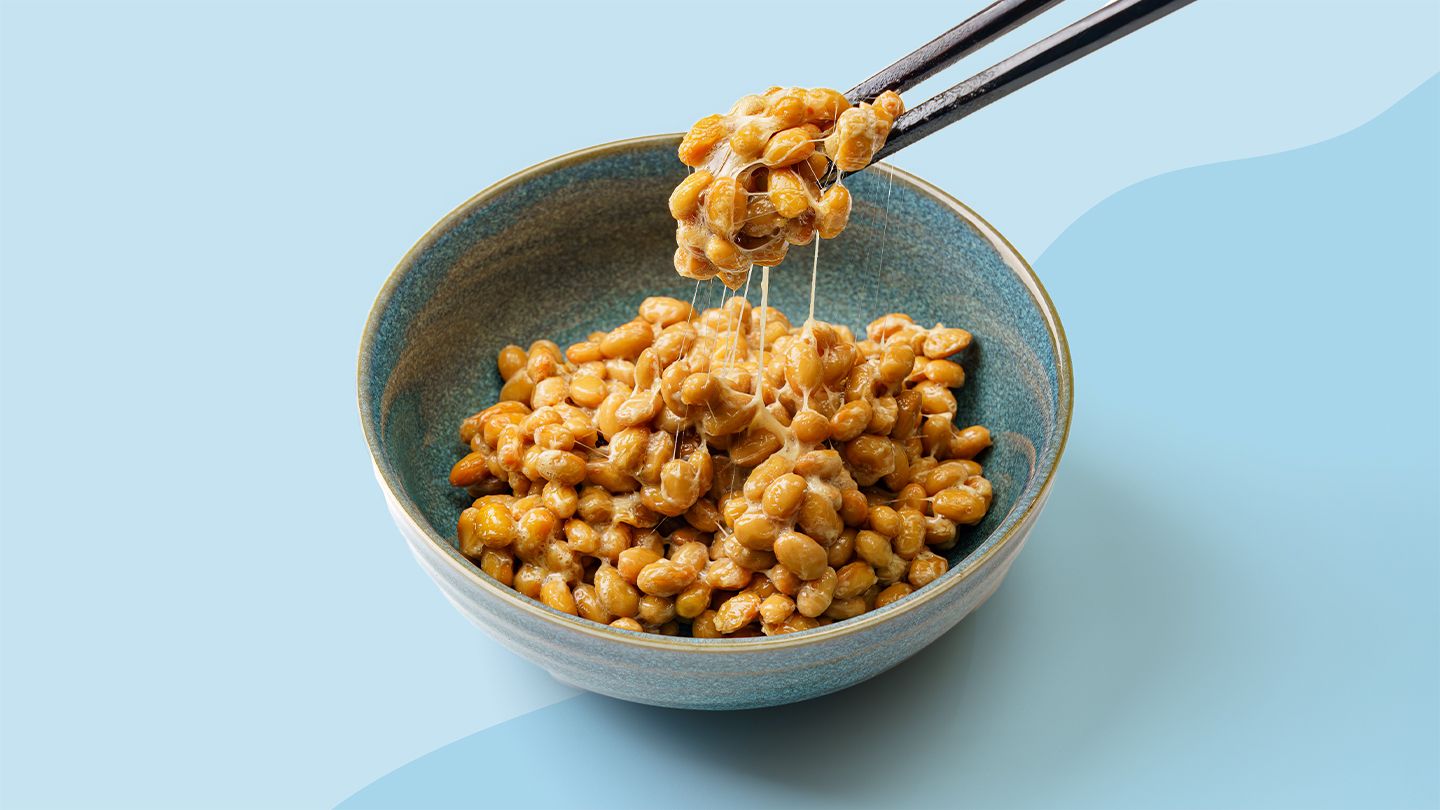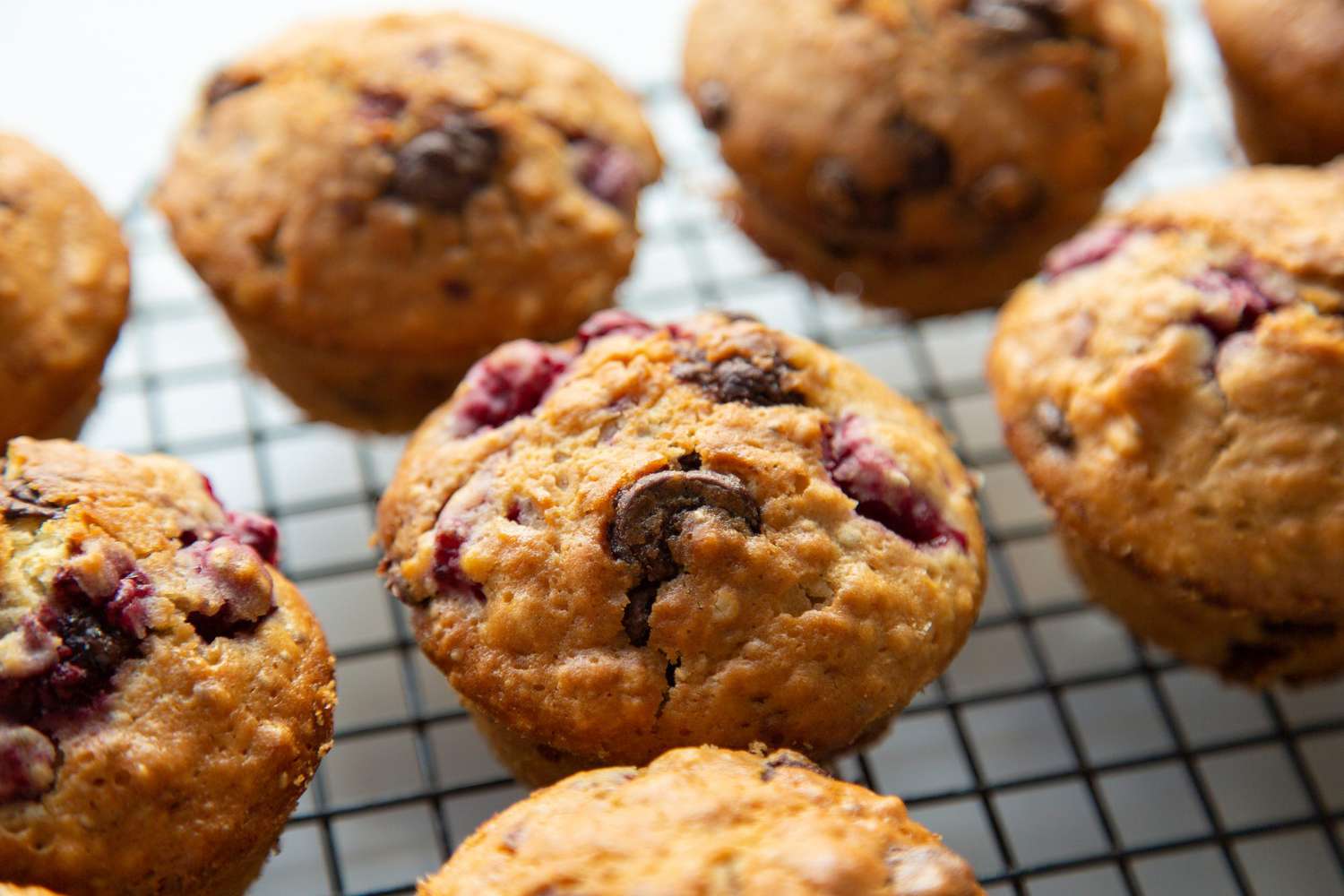How Oats Can Help Lower Cholesterol Levels
Oats are a nutritious and versatile grain that can be a valuable addition to your diet, especially if you’re looking to reduce your cholesterol levels. Oats contain a type of soluble fiber called beta-glucan, which has been shown to help lower cholesterol levels when consumed as part of a healthy diet. Additionally, oats are a good source of antioxidants and other nutrients that can contribute to heart health.
Ways to Incorporate Oats Into Your Diet
If you’re looking to reap the cholesterol-lowering benefits of oats, there are several delicious and easy ways to incorporate them into your daily meals. Here are some ideas:
- Oatmeal: Start your day with a warm bowl of oatmeal topped with fresh fruits, nuts, and a drizzle of honey. This classic breakfast option is not only comforting but also a great way to kick-start your morning with a heart-healthy meal.
- Smoothies: Add a scoop of oats to your favorite smoothie recipe for an extra boost of fiber and nutrients. The oats will blend seamlessly with the other ingredients, adding a creamy texture and subtle nutty flavor.
- Baking: Use oats in your baking recipes to create delicious and wholesome treats. Oatmeal cookies, granola bars, and homemade bread with oats are all tasty options that can help you incorporate oats into your diet.
- Savory Dishes: Oats can also be used in savory dishes such as veggie burgers, meatloaf, or as a crunchy coating for baked chicken or fish. Get creative in the kitchen and experiment with different ways to include oats in your savory meals.
Pair Oats with Other Heart-Healthy Foods
While oats can play a significant role in reducing cholesterol levels, it’s essential to pair them with other heart-healthy foods for maximum benefits. Consider incorporating the following foods into your diet along with oats:
- Fruits and Vegetables: These are rich in vitamins, minerals, and antioxidants that support heart health.
- Nuts and Seeds: Almonds, walnuts, chia seeds, and flaxseeds are excellent sources of healthy fats and fiber.
- Lean Proteins: Choose lean sources of protein such as poultry, fish, tofu, and legumes to reduce saturated fat intake.
- Healthy Oils: Opt for olive oil, avocado oil, or canola oil for cooking and salad dressings to promote heart health.
Additional Tips for Lowering Cholesterol
In addition to incorporating oats and other heart-healthy foods into your diet, consider the following tips to help lower your cholesterol levels:
- Regular Exercise: Engage in physical activity most days of the week to improve cholesterol levels and overall heart health.
- Limit Saturated and Trans Fats: Reduce your intake of foods high in saturated and trans fats, such as fried foods, processed snacks, and fatty cuts of meat.
- Manage Stress: Chronic stress can impact cholesterol levels, so practice stress-reducing activities such as yoga, meditation, or deep breathing exercises.
- Quit Smoking: If you smoke, take steps to quit. Smoking can lower your good cholesterol (HDL) and damage your heart and blood vessels.
Consult with a Healthcare Professional
Before making significant changes to your diet or lifestyle, it’s essential to consult with a healthcare professional, especially if you have existing health conditions or are taking medications. They can provide personalized recommendations and guidance tailored to your individual needs.
In conclusion, incorporating oats into your diet can be a delicious and effective way to help lower cholesterol levels. By pairing oats with other heart-healthy foods and adopting a healthy lifestyle, you can take proactive steps towards improving your heart health and overall well-being.
